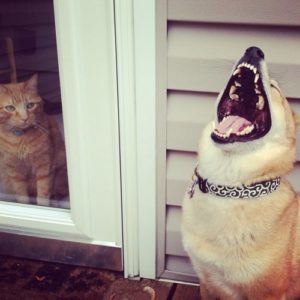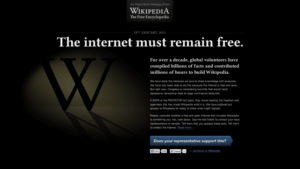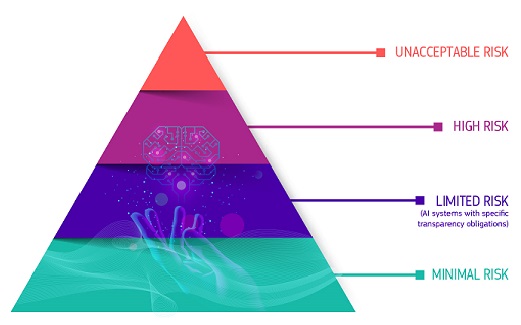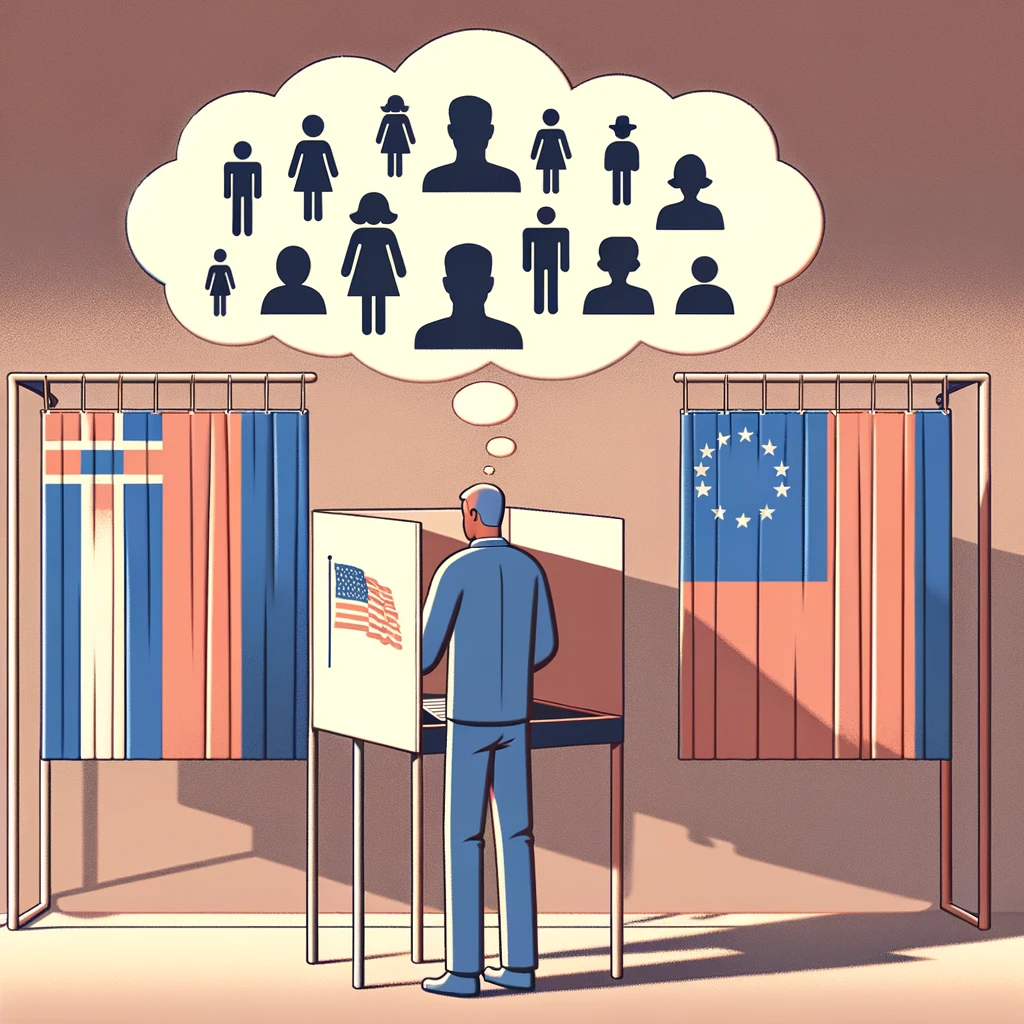The Internet’s Own Boy: The Story of Aaron Swartz (2014), directed by Brian Knappenberger, follows the life of internet wunderkind Aaron Swartz, who, among other things – almost too many to mention here – spent much of his short life fighting to keep the internet free and open as an activist and by raising civic awareness about threats to our online freedom of speech and our ability to access information.
At a young age Aaron helped author RSS (Really Simple Syndication) which many people still use today with apps such as Feedly which allow users to collate news and content from different sources. Aa a teen he was one of the architects of Creative Commons, a not-for-profit put together by another internet luminary, Lawrence Lessig, which provides a legal framework for increasing the amount of available creative works online for people to share and add to themselves legally (there are now over 1 billion creative works licenced under Creative Commons). As if that wasn’t enough, he then went on to co-found the internet’s self-proclaimed front page, Reddit.
But what does that have to do with media literacy and citizenship?
We’re glad you asked because it is with his activism that we are primarliy interested in here. Aaron Swartz’s somewhat tireless efforts to promote digital literacy by informing citizens and politicians of what we could lose when we fail to recognise the importance of technology’s connection to our freedoms as citizens are an important message for everyone.
See, way back in 2011 a bill called SOPA (Stop Internet Piracy Act) was introduced to the US senate. SOPA was designed to expand the powers of authorities to combat online piracy and it was backed by the entertainment industry. On the face of it, the bill would appear to be attempting to curb the frequency of online piracy from torrenting, file sharing and streaming websites, all damaging – especially to the US film and music industries – by blocking access to infringing sites. However, a closer look at the provisions in the bill revealed that attempting to expand copyright law in some ways may in fact be dangerous to the First Ammendment (that bit in US constitution about freedom of speech) by preventing people from communicating with each other online or sharing information.
People against the bill, like Aaron, saw the possibility that, under the provisions of the bill, many other sites might be ordered shut down due to what might be deemed as ‘copyright infringements’, therefore censoring the internet in ways that what Aaron and others said would “effectively break the internet.”
NOOOOOOOO!!!
What Aaron points out in this video of his keynote at Freedom to Connect (2012) about how he stopped SOPA is that it is so easy to accidentally copy anything that any one of us could be found guilty of it if this bill was passed – in a fairly ironic twist, even the leading Republican supporter of the bill had illegally copied code on his own senate website.

What Aaron did was to begin an online group called Demand Progress (still very active today) and start an online petition which soon garnered over 300,000 signatures in just a couple of weeks, later reaching over 4.5 million. Importantly, Aaron also met personally with senators who would be voting on the bill and who often had little understanding of what they were voting on themselves, explaining to them in detail exactly why the bill was dangerous to civil liberties.
– how could stopping copyright infringements possibly be a bad thing, right?
¯\_(ツ)_/¯
Eventually Aaron’s enthusiasm and efforts to stop the bill reached sites like Wikipedia, Google, Reddit and Tumblr (almost 7000 sites in total) who staged internet blackouts and came up with inventive ways of combating SOPA.
Even the European Commissioner for Digital Agenda Neelie Kroes chimed in.
Speeding is illegal too: but you don’t put speed bumps on the motorway #SOPA
— Neelie Kroes (@NeelieKroesEU) January 20, 2012
And in the end SOPA was stopped!!

Image of Wikipedia’s 24 hour blackout to protest SOPA
This story is important because, not only did the bill orginally have almost unanimous support in the senate but had, up until the point of the internet blackouts, received almost NO media attention – many news organisations’ parent companies were supporting the bill.
Hence, the defeat of SOPA is an example of active citizenship and digital and media literacy in action.
But this was in the US. What does it have to do with Europe?
Good point. Well, blocking domains at a DNS level would have essentially blocked access to those sites worldwide.
However, on a European level, ACTA (Anti-counterfeiting Trade Agreement) was an act introduced for debate in the European parliament in 2012. The act was opposed and protested by many as a threat to people’s freedoms and internet privacy, people also objected to the secrecy that negotiations of the treaty were being held under. ACTA was eventually dropped by the European Parliament in July 2012.
But remember, just because the battle was won, it doesn’t mean the war is over.
As citizens we have to maintain an active awareness of our freedom to connect online, our privacy, our freedom of speech and right to assembly. Failing to do so is against our own self interests.
Anyway, we’ve barely touched on the work that Aaron did and least of all the circumstances that caused him to end his life at the age of 26, so please do watch the full full documentary below. In harmony with the theme of ‘free and open information’ the documentary is online for free due to its Creative Commons licence. Thanks Aaron ;)
Click play below.
The Internet’s Own Boy: The Story of Aaron Swartz (2014), directed by Brian Knappenberger, follows the life of internet wunderkind Aaron Swartz, who, among other things – almost too many to mention here – spent much of his short life fighting to keep the internet free and open as an activist and by raising civic awareness about threats to our online freedom of speech and our ability to access information.
At a young age Aaron helped author RSS (Really Simple Syndication) which many people still use today with apps such as Feedly which allow users to collate news and content from different sources. Aa a teen he was one of the architects of Creative Commons, a not-for-profit put together by another internet luminary, Lawrence Lessig, which provides a legal framework for increasing the amount of available creative works online for people to share and add to themselves legally (there are now over 1 billion creative works licenced under Creative Commons). As if that wasn’t enough, he then went on to co-found the internet’s self-proclaimed front page, Reddit.
But what does that have to do with media literacy and citizenship?
We’re glad you asked because it is with his activism that we are primarliy interested in here. Aaron Swartz’s somewhat tireless efforts to promote digital literacy by informing citizens and politicians of what we could lose when we fail to recognise the importance of technology’s connection to our freedoms as citizens are an important message for everyone.
See, way back in 2011 a bill called SOPA (Stop Internet Piracy Act) was introduced to the US senate. SOPA was designed to expand the powers of authorities to combat online piracy and it was backed by the entertainment industry. On the face of it, the bill would appear to be attempting to curb the frequency of online piracy from torrenting, file sharing and streaming websites, all damaging – especially to the US film and music industries – by blocking access to infringing sites. However, a closer look at the provisions in the bill revealed that attempting to expand copyright law in some ways may in fact be dangerous to the First Ammendment (that bit in US constitution about freedom of speech) by preventing people from communicating with each other online or sharing information.
People against the bill, like Aaron, saw the possibility that, under the provisions of the bill, many other sites might be ordered shut down due to what might be deemed as ‘copyright infringements’, therefore censoring the internet in ways that what Aaron and others said would “effectively break the internet.”
NOOOOOOOO!!!
What Aaron points out in this video of his keynote at Freedom to Connect (2012) about how he stopped SOPA is that it is so easy to accidentally copy anything that any one of us could be found guilty of it if this bill was passed – in a fairly ironic twist, even the leading Republican supporter of the bill had illegally copied code on his own senate website.

What Aaron did was to begin an online group called Demand Progress (still very active today) and start an online petition which soon garnered over 300,000 signatures in just a couple of weeks, later reaching over 4.5 million. Importantly, Aaron also met personally with senators who would be voting on the bill and who often had little understanding of what they were voting on themselves, explaining to them in detail exactly why the bill was dangerous to civil liberties.
– how could stopping copyright infringements possibly be a bad thing, right?
¯\_(ツ)_/¯
Eventually Aaron’s enthusiasm and efforts to stop the bill reached sites like Wikipedia, Google, Reddit and Tumblr (almost 7000 sites in total) who staged internet blackouts and came up with inventive ways of combating SOPA.
Even the European Commissioner for Digital Agenda Neelie Kroes chimed in.
Speeding is illegal too: but you don’t put speed bumps on the motorway #SOPA
— Neelie Kroes (@NeelieKroesEU) January 20, 2012
And in the end SOPA was stopped!!

Image of Wikipedia’s 24 hour blackout to protest SOPA
This story is important because, not only did the bill orginally have almost unanimous support in the senate but had, up until the point of the internet blackouts, received almost NO media attention – many news organisations’ parent companies were supporting the bill.
Hence, the defeat of SOPA is an example of active citizenship and digital and media literacy in action.
But this was in the US. What does it have to do with Europe?
Good point. Well, blocking domains at a DNS level would have essentially blocked access to those sites worldwide.
However, on a European level, ACTA (Anti-counterfeiting Trade Agreement) was an act introduced for debate in the European parliament in 2012. The act was opposed and protested by many as a threat to people’s freedoms and internet privacy, people also objected to the secrecy that negotiations of the treaty were being held under. ACTA was eventually dropped by the European Parliament in July 2012.
But remember, just because the battle was won, it doesn’t mean the war is over.
As citizens we have to maintain an active awareness of our freedom to connect online, our privacy, our freedom of speech and right to assembly. Failing to do so is against our own self interests.
Anyway, we’ve barely touched on the work that Aaron did and least of all the circumstances that caused him to end his life at the age of 26, so please do watch the full full documentary below. In harmony with the theme of ‘free and open information’ the documentary is online for free due to its Creative Commons licence. Thanks Aaron ;)
Click play below.
The Internet’s Own Boy: The Story of Aaron Swartz (2014), directed by Brian Knappenberger, follows the life of internet wunderkind Aaron Swartz, who, among other things – almost too many to mention here – spent much of his short life fighting to keep the internet free and open as an activist and by raising civic awareness about threats to our online freedom of speech and our ability to access information.
At a young age Aaron helped author RSS (Really Simple Syndication) which many people still use today with apps such as Feedly which allow users to collate news and content from different sources. Aa a teen he was one of the architects of Creative Commons, a not-for-profit put together by another internet luminary, Lawrence Lessig, which provides a legal framework for increasing the amount of available creative works online for people to share and add to themselves legally (there are now over 1 billion creative works licenced under Creative Commons). As if that wasn’t enough, he then went on to co-found the internet’s self-proclaimed front page, Reddit.
But what does that have to do with media literacy and citizenship?
We’re glad you asked because it is with his activism that we are primarliy interested in here. Aaron Swartz’s somewhat tireless efforts to promote digital literacy by informing citizens and politicians of what we could lose when we fail to recognise the importance of technology’s connection to our freedoms as citizens are an important message for everyone.
See, way back in 2011 a bill called SOPA (Stop Internet Piracy Act) was introduced to the US senate. SOPA was designed to expand the powers of authorities to combat online piracy and it was backed by the entertainment industry. On the face of it, the bill would appear to be attempting to curb the frequency of online piracy from torrenting, file sharing and streaming websites, all damaging – especially to the US film and music industries – by blocking access to infringing sites. However, a closer look at the provisions in the bill revealed that attempting to expand copyright law in some ways may in fact be dangerous to the First Ammendment (that bit in US constitution about freedom of speech) by preventing people from communicating with each other online or sharing information.
People against the bill, like Aaron, saw the possibility that, under the provisions of the bill, many other sites might be ordered shut down due to what might be deemed as ‘copyright infringements’, therefore censoring the internet in ways that what Aaron and others said would “effectively break the internet.”
NOOOOOOOO!!!
What Aaron points out in this video of his keynote at Freedom to Connect (2012) about how he stopped SOPA is that it is so easy to accidentally copy anything that any one of us could be found guilty of it if this bill was passed – in a fairly ironic twist, even the leading Republican supporter of the bill had illegally copied code on his own senate website.

What Aaron did was to begin an online group called Demand Progress (still very active today) and start an online petition which soon garnered over 300,000 signatures in just a couple of weeks, later reaching over 4.5 million. Importantly, Aaron also met personally with senators who would be voting on the bill and who often had little understanding of what they were voting on themselves, explaining to them in detail exactly why the bill was dangerous to civil liberties.
– how could stopping copyright infringements possibly be a bad thing, right?
¯\_(ツ)_/¯
Eventually Aaron’s enthusiasm and efforts to stop the bill reached sites like Wikipedia, Google, Reddit and Tumblr (almost 7000 sites in total) who staged internet blackouts and came up with inventive ways of combating SOPA.
Even the European Commissioner for Digital Agenda Neelie Kroes chimed in.
Speeding is illegal too: but you don’t put speed bumps on the motorway #SOPA
— Neelie Kroes (@NeelieKroesEU) January 20, 2012
And in the end SOPA was stopped!!

Image of Wikipedia’s 24 hour blackout to protest SOPA
This story is important because, not only did the bill orginally have almost unanimous support in the senate but had, up until the point of the internet blackouts, received almost NO media attention – many news organisations’ parent companies were supporting the bill.
Hence, the defeat of SOPA is an example of active citizenship and digital and media literacy in action.
But this was in the US. What does it have to do with Europe?
Good point. Well, blocking domains at a DNS level would have essentially blocked access to those sites worldwide.
However, on a European level, ACTA (Anti-counterfeiting Trade Agreement) was an act introduced for debate in the European parliament in 2012. The act was opposed and protested by many as a threat to people’s freedoms and internet privacy, people also objected to the secrecy that negotiations of the treaty were being held under. ACTA was eventually dropped by the European Parliament in July 2012.
But remember, just because the battle was won, it doesn’t mean the war is over.
As citizens we have to maintain an active awareness of our freedom to connect online, our privacy, our freedom of speech and right to assembly. Failing to do so is against our own self interests.
Anyway, we’ve barely touched on the work that Aaron did and least of all the circumstances that caused him to end his life at the age of 26, so please do watch the full full documentary below. In harmony with the theme of ‘free and open information’ the documentary is online for free due to its Creative Commons licence. Thanks Aaron ;)
Click play below.























































































































































